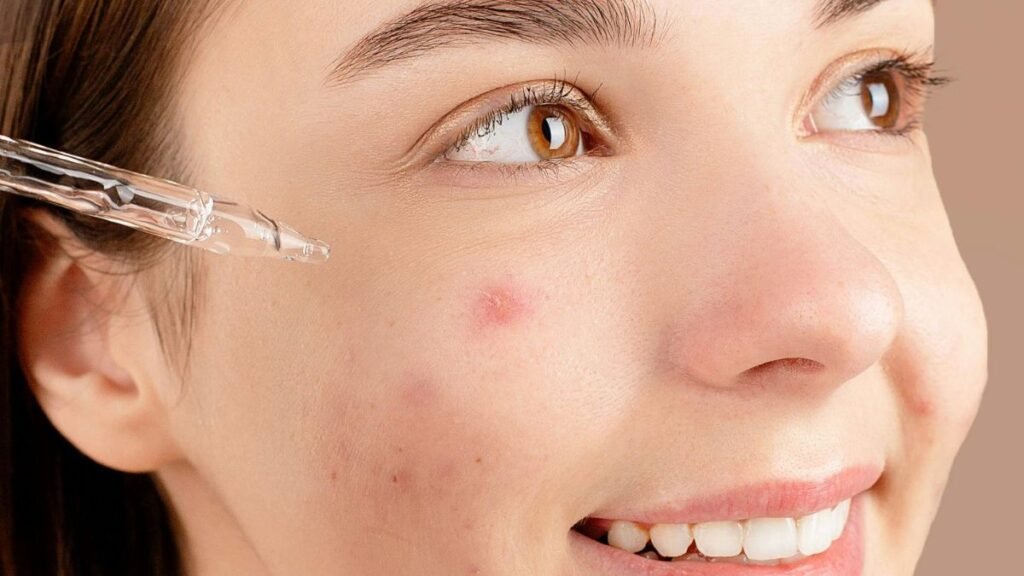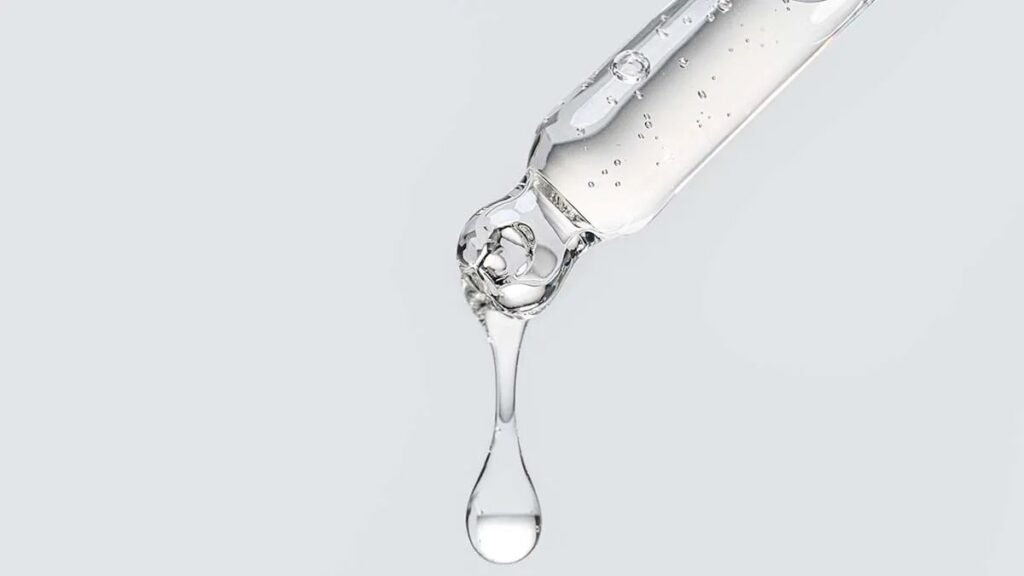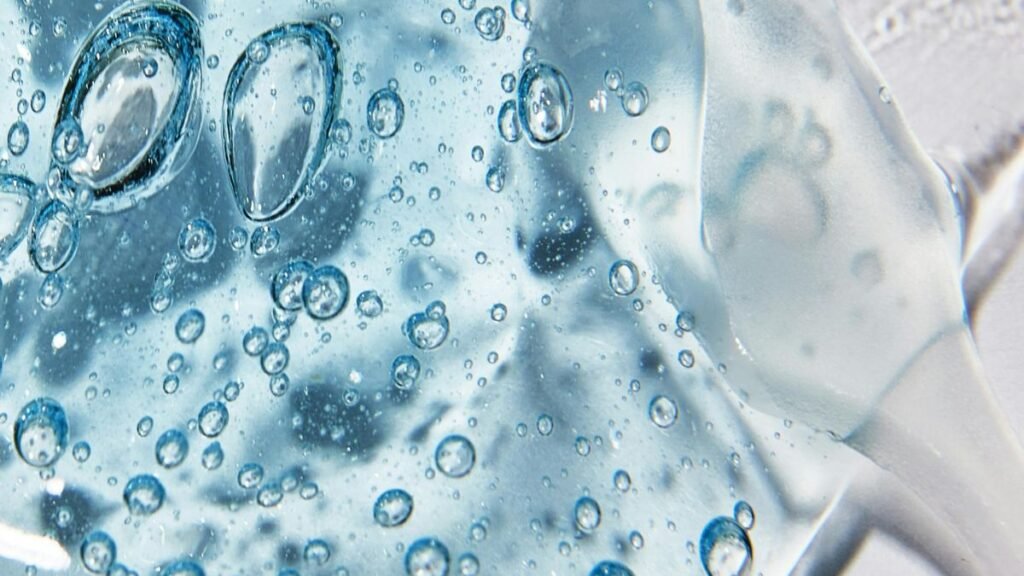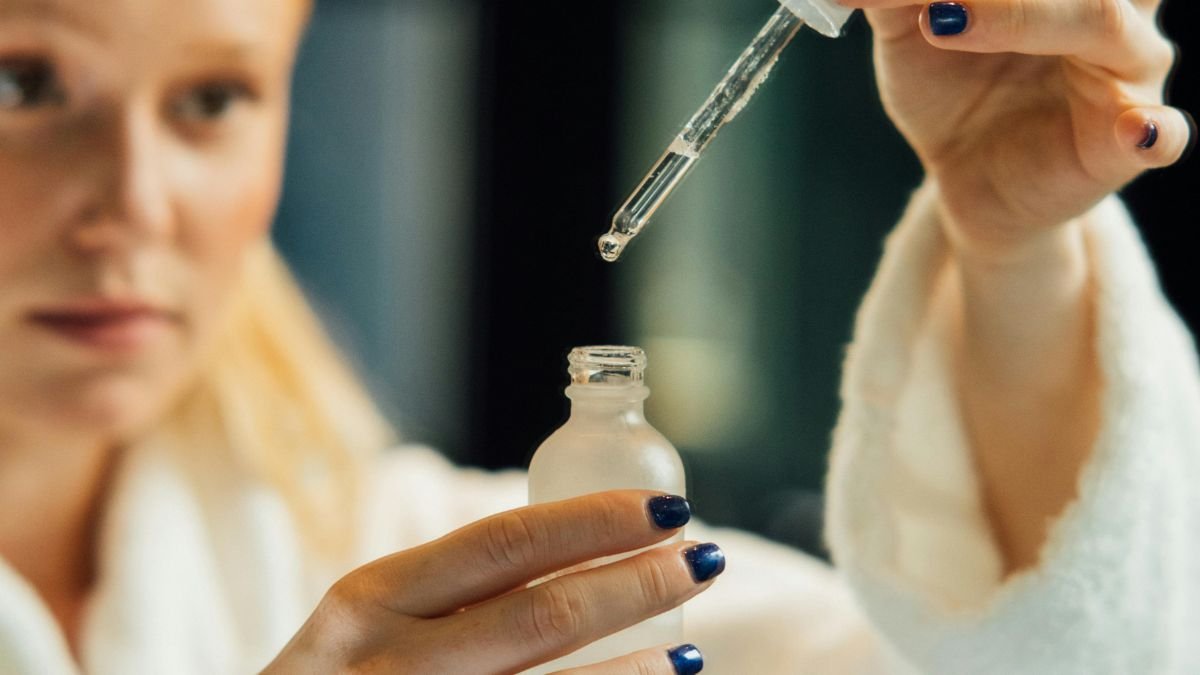In the world of skin care, hyaluronic acid has become a household name, adored for its hydrating properties and touted as a miracle ingredient. But can this beloved compound really help those grappling with acne? With insights from dermatology experts, we’ll dive into the nitty-gritty of hyaluronic acid, exploring how it can fit into your skin care routine, especially if you have acne-prone skin.
What is Hyaluronic Acid and How Can it Help with Acne?
Understanding Hyaluronic Acid
Hyaluronic acid is a powerful humectant that naturally occurs in our skin, often celebrated for its ability to hold up to 1,000 times its weight in water. This means that when you incorporate topical hyaluronic acid into your regimen, you’re essentially inviting a hydration party right onto your face. Its molecular composition allows it to penetrate the skin deeply, making it a popular skin care ingredient in serums and moisturizers alike. But wait! Before you start lathering it on, it’s crucial to understand how this compound can help with acne specifically.
How Hyaluronic Acid Helps Acne-Prone Skin
When dealing with acne, the last thing you want is an ingredient that adds to your skin’s woes. Thankfully, hyaluronic acid doesn’t cause the same issues as many other products that might clog pores or exaggerate irritation. Instead, it provides necessary hydration that can actually calm inflammation associated with acne breakouts. By keeping your skin properly hydrated, can help reduce dryness and irritation, which are often exacerbated by harsh topical acne treatments. It’s like giving your skin a refreshing drink while fighting off the pesky realities of a breakout.
Comparison with Other Acne Ingredients Like Salicylic Acid
Let’s not forget about salicylic acid, another heavyweight in the acne treatment ring. While salicylic acid works wonders by resurfacing the skin and exfoliating dead skin cells, it can also lead to dryness. This is where hyaluronic acid shines as the perfect sidekick. Together, they create a harmonious balance; hyaluronic acid can help offset the dryness that salicylic acid might introduce into your skin care routine. The combination allows you to tackle acne effectively without sacrificing hydration, making it a best treatment approach that leaves your skin feeling refreshed.
What are the Benefits of Hyaluronic Acid for Acne Treatment?

Hydration and Moisture Retention
The primary benefit of in acne treatment is undeniably its ability to hydrate. Acne-prone skin often teeters on the edge of dryness due to aggressive treatments. By using hyaluronic acid, you can ensure that moisture is locked in, helping your skin stay plump and less prone to irritation. This moisture retention provides a favorable environment for healing, ultimately reducing the frequency and severity of future breakouts.
Reducing Dryness and Irritation
One of the most disappointing realities of acne treatment is the dryness and irritation that many people experience when seeking relief. However, this acid can mitigate this effect. By gently moisturizing the skin, it helps to reduce inflammation, allowing the skin to heal better and faster. This soothing effect means you won’t feel like a desert while trying to eradicate those pesky spots. Instead, you could be on your way to smoother, more balanced skin.
Enhancing Overall Skin Texture
Another fantastic benefit is its ability to improve the overall texture of the skin. As it moisturizes, the skin appears more supple and plump, which can help reduce the visibility of fine lines and, yes, even those sneaky acne scars. With continued use, it can contribute to a smoother, more even complexion that radiates health rather than the traces of your acne battles.
How to Use Hyaluronic Acid in Your Skin Care Routine?

Best Practices for Applying Hyaluronic Acid
Integrating hyaluronic acid into your skin care routine is a breeze! After cleansing, apply a few drops of a quality serum or moisturizer containing hyaluronic acid to damp skin. This helps the humectant draw in moisture more effectively. If you’re layering products—like retinol or salicylic acid—be sure to apply hyaluronic acid after these treatments to effectively counterbalance any potential dryness.
Incorporating It with Other Acne Treatments
Mixing it with other acne treatments can be a game-changer. For instance, using a gel containing salicylic acid alongside a hydrating hyaluronic acid serum can provide a dynamic duo that combats acne without sacrificing moisture. Just remember: the order of application matters! Always put your topical acne treatment first to let it work its magic before sealing it all in with that lovely layer of hydration.
Choosing the Right Skin Care Products with Hyaluronic Acid
When selecting skin care products, look out for serums or moisturizers that also contain other beneficial ingredients. Look for products that have been tested by dermatologists and are non-comedogenic, which means they don’t clog pores. It’s also advisable to check the formula – better quality ingredients will increase the overall effectiveness. Remember that your skin is unique, so experimenting to find what works best for you can take some time.
What are the Potential Side Effects of Hyaluronic Acid?

Common Side Effects to Watch For
While is generally considered safe, it’s important to remain vigilant about potential side effects. Some individuals may experience mild irritation or redness, particularly if they have very sensitive skin. However, these reactions are quite rare. Most users find that hyaluronic acid doesn’t cause any adverse effects, making it an excellent choice for most skin types.
How to Avoid Irritation and Other Risks
To sidestep any irritating side effects, always patch test a new product before full application. Apply a small amount to a discreet area and wait 24 hours to see how your skin responds. If all goes well, feel free to incorporate it into your regular routine. It’s also wise to avoid over-excessive layering of too many active ingredients, as this can lead to irritation. Keeping it simple is often the smartest move!
Consulting with Dermatology Experts
If you’re still unsure whether hyaluronic acid can help with your acne or if you’re experiencing persistent side effects despite taking precautions, consulting with a dermatology expert can provide clarity. They can guide you on personalized treatment options and help you navigate the plethora of products available, ensuring you choose what’s best for your unique skin type.
Can Hyaluronic Acid Help Prevent Acne Scars?

Mechanisms Behind Scar Prevention
You might be wondering, can hyaluronic acid also help prevent acne scars? The answer leans toward a resounding yes! By keeping the skin hydrated and promoting a healthy healing environment, hyaluronic acid can aid in the skin’s recovery process post-acne. Well-hydrated skin is more resilient and can heal better, which might help minimize scarring down the line.
Combining Hyaluronic Acid with Other Treatments for Scars
For those seeking to combat acne scars, consider combining hyaluronic acid with other treatments like retinol. Retinol helps to enhance cellular turnover, while hyaluronic acid works its hydrating magic. This combo can potentially minimize scarring, create a smoother texture, and enhance your skin’s overall appearance.
Tips for Managing Acne and Scarring
To manage acne and its scars effectively, consistency is key. Stick to a well-rounded skin care routine that incorporates gentle cleansing, effective treatments, and of course, to ensure hydration. Drinking plenty of water and maintaining a balanced diet can also support skin health from the inside out. Remember, patience is a virtue; healing takes time, but with the right ingredients in your arsenal, clearer skin is well within reach.
Takeaway
Hyaluronic acid acts as a conductor in the skin, harmonizing hydration and healing. It creates an environment conducive to skin recovery, softening the effects of aggressive anti-acne treatments such as salicylic acid. By moisturizing and calming inflammation, hyaluronic acid helps minimize scars and improves skin texture, promoting balanced and radiant skin health.
Frequently Asked Questions
Can hyaluronic acid be beneficial for acne-prone skin?
Absolutely! Is a hydrating hero that can help retain moisture in the skin without clogging pores. It’s noncomedogenic, which means it won’t interfere with your acne treatment or add to that excess sebum situation!
Are there any potential risks associated with using hyaluronic acid for acne?
While is generally safe, some individuals might experience irritation if they’re allergic to the formula or mixing it with other active ingredients like retinoids. Always do a patch test and check those ingredient lists, folks!
How does hyaluronic acid work alongside other acne treatments?
Can complement treatments like retinoids by providing hydration. It helps mitigate the dryness that often comes with these treatments, leading to a balanced facial appearance. Think of it as the soothing sidekick to your active ingredients!
Is it safe to use hyaluronic acid during pregnancy?
Most experts consider hyaluronic acid safe for pregnant women since it’s a naturally occurring substance in the body. However, it’s always wise for pregnant individuals to consult their healthcare provider before starting any new skincare regimen—better safe than sorry!
Can I combine laser resurfacing with hyaluronic acid for acne scars?
Yes! Using hyaluronic acid post-laser resurfacing can help hydrate and heal the skin. It’s like giving your skin a refreshing drink after a workout! Just check with your dermatologist to ensure your specific guideline allows it.
What hyaluronic acid provide immediate results for my acne?
While you may not see an immediate acne-clearing miracle, can provide instant hydration, making your skin feel plumper and healthier right away. The long-term benefits, like better skin texture, come with consistent use.
What’s the best way to incorporate hyaluronic acid into my skincare routine?
Start by applying hyaluronic acid on damp skin to maximize its moisture-retaining properties! Follow with your favorite moisturizer to lock in that hydration. It’s like a hydration sandwich—delicious for your skin!
Can hyaluronic acid help reduce redness from acne?
Can help soothe irritated skin, making it a great option for calming redness. While it won’t zap away your acne, it can create a more balanced and hydrated complexion—definitely a step in the right direction!
Are there specific products or brands recommended for acne-prone skin?
Look for noncomedogenic products specifically formulated for acne-prone skin. Brands like Neutrogena and The Ordinary offer great hyaluronic acid options. Always check the labels to avoid any sneaky ingredients!



